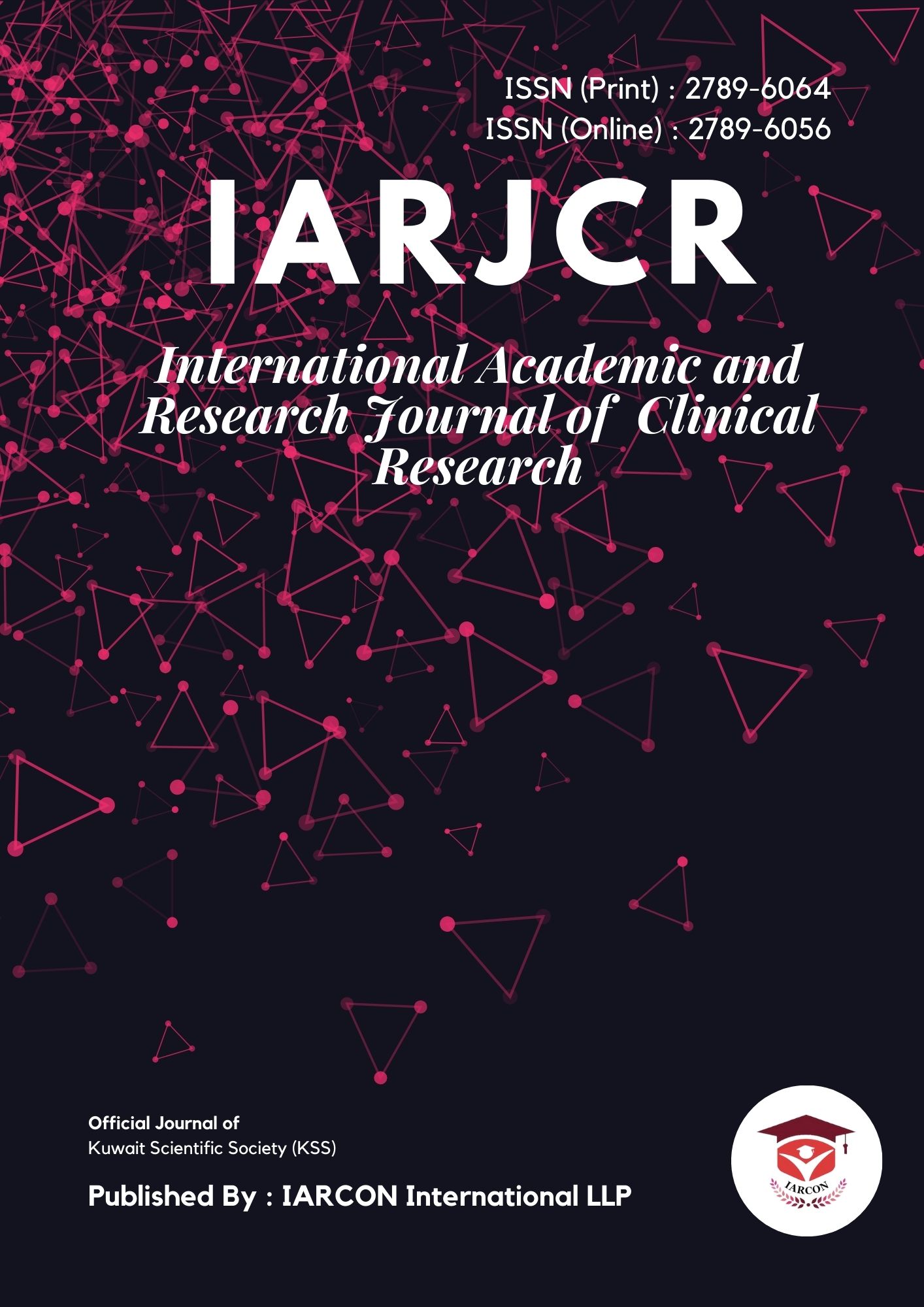Cracking the Code of PCOD: Unveiling Awareness, Myths, and Management Strategies in District Kullu, Himachal Pradesh
Background: Polycystic Ovary Disease (PCOD), also known as Polycystic Ovary Syndrome (PCOS), is a prevalent endocrine disorder among women of reproductive age. It is characterized by hormonal imbalances, irregular menstrual cycles, and multiple ovarian cysts, leading to complications such as infertility, metabolic disorders, and increased risks of type 2 diabetes and cardiovascular diseases. This study aims to assess the awareness and knowledge of PCOD among women in District Kullu to inform targeted public health initiatives. Material and Methods: A descriptive, cross-sectional survey was conducted among 400 women aged 18 years and above in District Kullu. Participants were selected through online platforms, and data were collected via a structured questionnaire. The questionnaire consisted of 20 knowledge-based questions covering symptoms, risk factors, prevention, and management of PCOD. Data were analyzed using Epi Info V7 software, with results presented in frequencies and percentages. Results: The study revealed that 75.3% of participants were aware of PCOD, yet significant gaps in knowledge were identified. While 68.0% recognized irregular periods as a symptom, awareness of other symptoms, such as excessive hair growth (59.8%) and acne (62.0%), was lower. Knowledge of risk factors was moderate, with 69.5% recognizing obesity as a risk factor, but fewer participants were aware of the role of stress (60.8%) and family history (57.8%). Preventive knowledge showed that 66.5% knew regular exercise could help prevent PCOD, yet only 58.5% recognized the importance of managing stress. In terms of management, 65.8% were aware that medication could help manage symptoms, but fewer understood the potential need for hormonal therapy (55.5%). Conclusion: While foundational awareness of PCOD exists among women in District Kullu, significant knowledge gaps remain in understanding symptoms, risk factors, and effective prevention and management strategies. Targeted public health interventions, emphasizing a holistic approach to PCOD awareness and management, are crucial. These interventions should be culturally sensitive and focus on empowering women with the knowledge and resources needed to manage their reproductive health, ultimately reducing the burden of PCOD on individuals and the healthcare system in this region.

